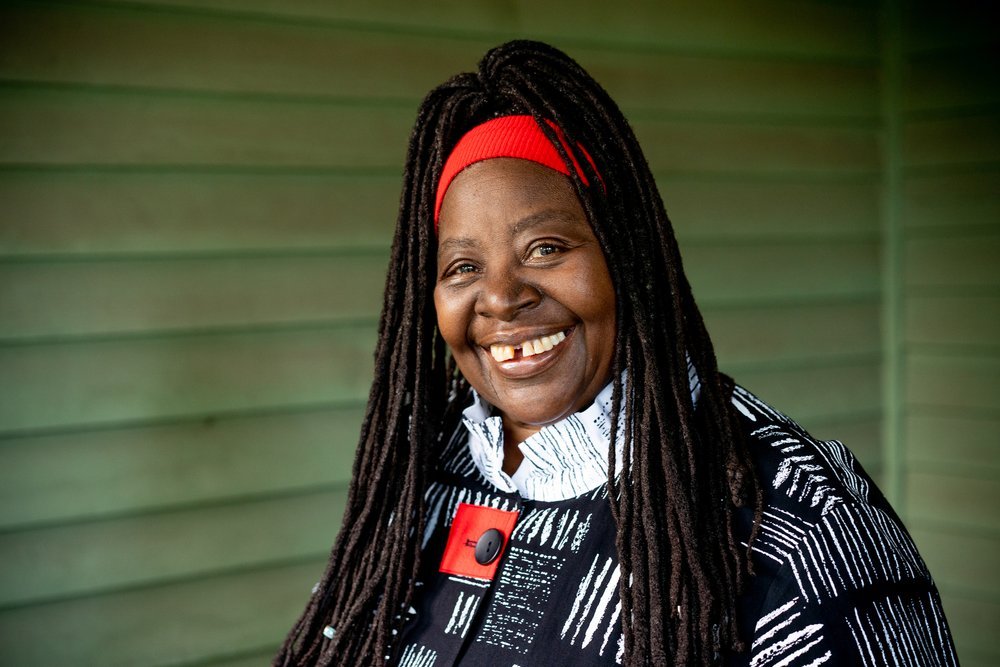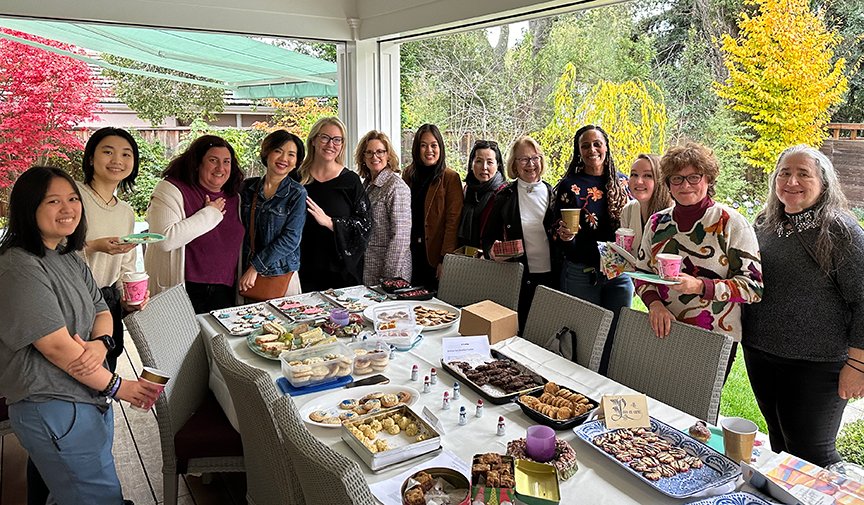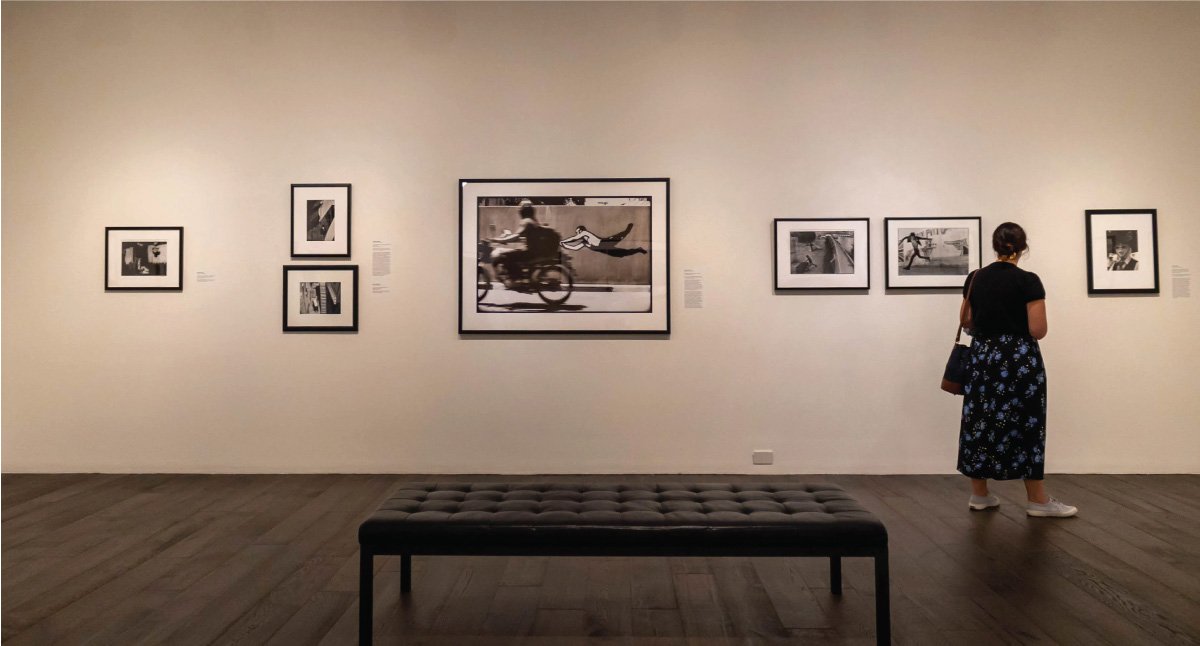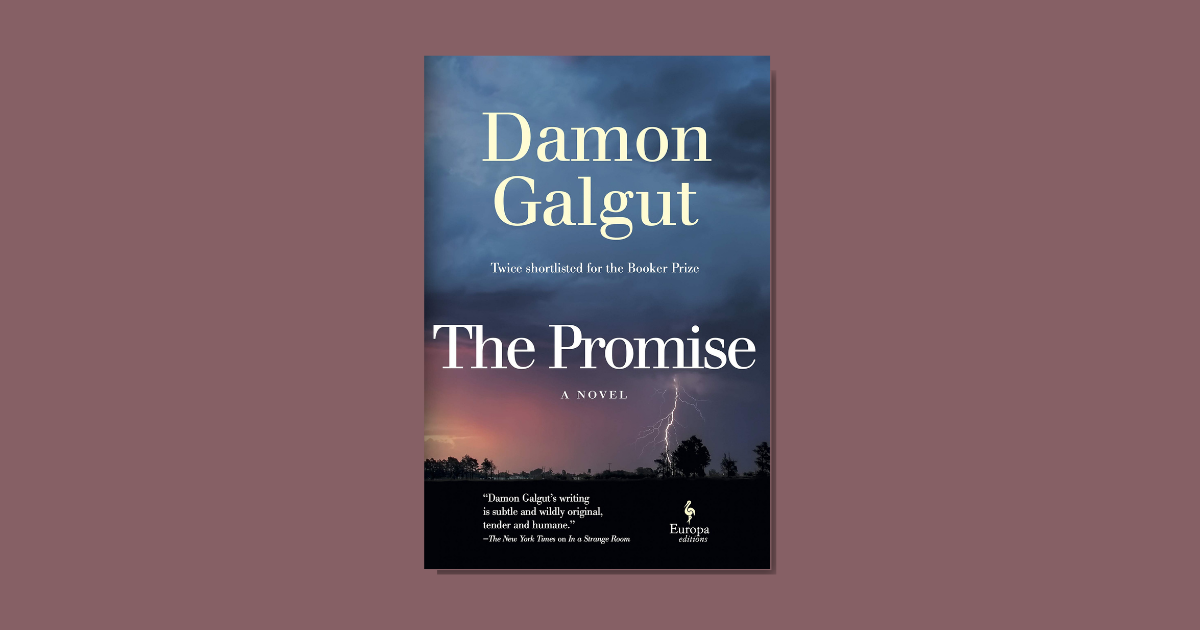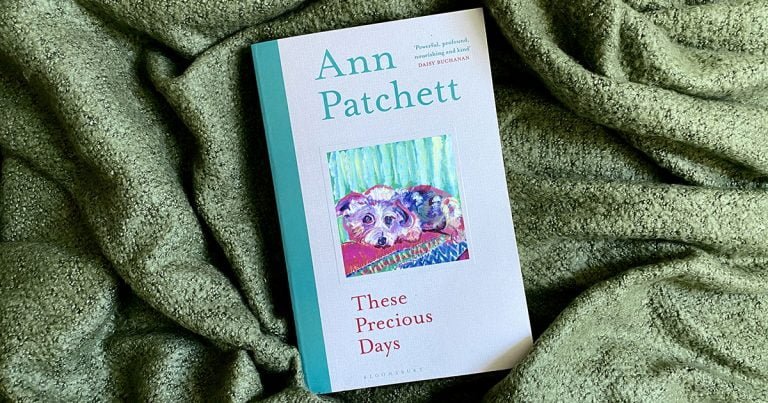Book Club - October - Solito
Seven of us gathered on Wednesday the 16th at Sally Smith's house to discuss “Solito” by Javier Zamora. We all really liked this book, with only a few complaints, such as the untranslated Spanish sprinkled throughout the narrative, which interrupted the reading for those who wanted to look up the words and left those who didn’t look them up unsure of what they were missing. The book feels long, and is packed with innumerable details that can seem repetitive, but we agreed that this choice fully immersed us in the boy’s seven-week experience attempting to enter the US illegally. We appreciated the fact that there was not a lot of violence, and in fact there was a lot of kindness and caring, which made the hard parts easier to bear. We admired the now-adult Zamora’s skill in depicting the point of view of a 9-year-old, with his sense of vulnerability, need to trust, embarrassments and naivete, fears and coping strategies, adaptability and intelligence. And we wished we knew more: about his parents and why they left El Salvador, how he adapted to life in the US, what became of the three fellow migrants who composed his fake family.
July Book Club - Destined to Witness
At this month's meeting of the book club we discussed Destined to Witness by Hans Massaquoi, a true tale of how the author came of age as a black child in Nazi Germany. The son of a prominent African father and a German nurse mother, Massaquoi fell under the Fuhrer's spell as a young schoolboy and was crushed to learn that, as a black child, he was ineligible for the Hitler Youth. This true account of his lonely struggle for survival is brimming with courage and intelligence.
March Book Club - The Dictionary of Lost Words
This month we met virtually via Zoom and we had an excellent turnout with 12 Smithies in attendance. We had a good discussion of “The Dictionary of Lost Words,” a 2020 historical novel by Australian author Pip Williams based on true historical events surrounding the compilation of the Oxford English Dictionary, the suffrage movement for women’s voting rights, and World War I. Most of us enjoyed the book and would recommend it to others.
February Book Club - 84, Charing Cross Road
Eight of us met on Wednesday the 15th at the home of Diana McDonough to discuss two books by Helene Hanff: “84, Charing Cross Road” and “The Duchess of Bloomsbury Street.” Thanks again for hosting us, Diana.
Not to put too fine a point on it, we loved these books. We laughed at Helene’s sometimes raucous sense of humor, we were touched by the warmth of the various English people who welcomed her on her visit to London, we were in awe of her knowledge of books and her reverence for her favorite authors. We lamented the demise of letter-writing (and then listened in amazement as one member recounted her email relationship with her reed-maker). We recommend these books to all.
January Book Club - Their Eyes Were Watching God
On Wednesday, January 18th, Jan Collins hosted 10 of us for a discussion of “Their Eyes Were Watching God” by Zora Neale Hurston. We endorsed the opinion of many experts that this is a true classic, one of the great American novels. We discussed the protagonist’s character, development and relationships; the setting and its historical basis; but mostly we loved the writing: animated, with vivid images and psychological insights, a combination of dialog in dialect and elegant narrative passages, memorable lines.
November Book Club - Intimacies
On Wednesday, November 16, eleven of us gathered at the home of Ann Freeman for a rare in-person meeting. One of the themes of “Intimacies,” by Katie Kitamura, is shifting perceptions, and our discussion illustrated this theme: we held varying views of the protagonist, of the man she is involved with, of their relationship, of the author’s flow-of-consciousness style (many commas, minimal periods), and of the ending. We found the range of intimacies depicted in the book thought-provoking, particularly the way the protagonist, an interpreter, forms a kind of intimacy with a criminal defendant. Thanks so much for hosting us, Ann!
October Book Club - The Last Kings of Shanghai
On Wednesday October 19th, eight of us discussed “The Last Kings of Shanghai” by Jonathan Kaufman. We found the book interesting and enjoyable, with the research well integrated into the stories of men—and a few women—who contributed significantly to the development of modern China. We viewed the Sassoons and Kadoories as individuals with mixed emotions: admiration for their resourcefulness, ability to survive, willingness to take risks, and good works—including saving some 18,000 Jews during World War II—while deploring their involvement in the opium trade. We felt the writing was journalistic; another writer might have made the book deeper and might have explored some themes more thoroughly. But we were all glad we’d read this account of Chinese history that we were mostly ignorant of.
September Book Club - The Vanishing Half
Our September book, “The Vanishing Half” by Brit Bennett, was the basis for a multifaceted discussion among eight of us (see screen shot) on Wednesday the 21st. The book has an abundance of themes, including twin-ness, doubles, and halves; disappearing, reinventing and finding yourself; secrets, hiding, lying, acting, and revealing; racism, colorism and passing…plus a quartet of intriguing women. We liked pretty much everything except the ending, which seemed abrupt and lacking nuance; we would have liked to know more about these characters.
August Book Club - Movie Night!
Nisha Thatte-Potter hosted five of us for Annual Book Club Movie Night where we gather to watch a movie based on a book. Our potluck menu reflected the movie, “Victoria & Abdul,” about Queen Victoria and an Indian who became her closest companion in the last years of her life. Most of us had read the book on which the movie is based, by Shrabani Basu; we thought the moviemakers had excavated a charming tale from a poorly done book. Both book and movie avoid larger issues such as Britain’s relationship with India and instead focus on the genuine affection between the queen and her “Munshi” amid opposition and racism from the queen’s household. We all enjoyed the movie. Thanks, Nisha, for your hospitality.
July Book Club - City of Thieves
Our July book was “City of Thieves” by David Benioff. We all liked this coming-of-age novel, despite the frequent scenes of horror and violence. We felt it was very well written, with research well integrated, humor balancing the heavy spots, immensely likable main characters, and vivid scene-setting details. The siege of Leningrad was not familiar history to most of us, so we learned a bit as well.
June Book Club - The Premonition
Michael Lewis’ “The Premonition” drew nine of us into a lively discussion on Wednesday, June 15. Many of us were happily surprised by this book’s readability, particularly its focus on individuals, who are profiled engagingly (if perhaps a bit too uncritically).
May Book Club - Band of Sisters
On Wednesday, May 18, eight Smithies gathered on Zoom to discuss “Band of Sisters” by Lauren Willig. We were proud of these Smithies, fictional but based on real alums who went to France in 1917 to aid the civilians whose lives had been torn apart by the war.
April Book Club - Leaves of Grass
On Wednesday, April 20, in recognition of Poetry Month, eight of us discussed Walt Whitman and some of the poems in “Leaves of Grass.” We liked Whitman’s spirit: enthusiastic, optimistic, honest, egalitarian, with a reverence and sense of wonder about nature.
March Book Club - The Bowl with Gold Seams
On Wednesday, March 16, eight of us discussed “The Bowl with Gold Seams” by Ellen Prentiss Campbell (a Smithie). This interesting novel brings to light an unusual moment in history, when a group of Japanese diplomats, captured in the fall of Berlin in World War II, was housed in a Pennsylvania resort/hotel as prisoners of war.
February Book Club - The Souls of Black Folk
On Wednesday, Feb. 16, seven of us gathered on Zoom to discuss “The Souls of Black Folk” by W.E.B. Du Bois. We were all glad we’d read this multifaceted classic. We were very impressed with Du Bois’ impactful writing, by turns scholarly and poetic, with moving descriptions of the conditions of the freed slaves and powerful arguments for improving those conditions. It’s a telling commentary on America in 2022 that a lot of what Du Bois says is still relevant today.
January Book Club - Swann’s Way
We tackled Marcel Proust’s “Swann’s Way,” and the nine of us who met on Wednesday the 19th were glad we did. When you accept that you have to read in a different way, slowly, giving in to page after page of his complex, endless sentences, with layers of imagery and detail, you are rewarded by exquisite descriptions and perceptive psychological characterizations. Plot, not so much, which explains why most of us found it wearing to read. Those who had read the graphic novel found it helpful in presenting what plot there is, but missed the full impact of Proust’s extraordinary language.
November Book Club - The Optimist’s Daughter
“The Optimist’s Daughter,” by Eudora Welty, provided plenty of material for nine of us at the book club’s November meeting. A Pulitzer Prize winner, this novel focuses on Laurel, a 40-ish designer, as she navigates her father’s illness, death and funeral. We found the book easy to read and difficult to understand. Subtle and indirect, rich with imagery, it shows a woman freeing herself of the claims and deceits of memory—a protagonist we never get close to and never warm up to. We appreciated Welty’s portrayal of a small Mississippi town, a close-knit and supportive society that is also judgmental and restrictive to a young woman who wants a career; its abiding traditions; its class structure. We were struck by a kind of timelessness in the novel: set in the 1960’s, it shows nothing of that era’s politics, racial strife, and cultural clashes. All told, a multi-layered book that would probably reward a second reading.




